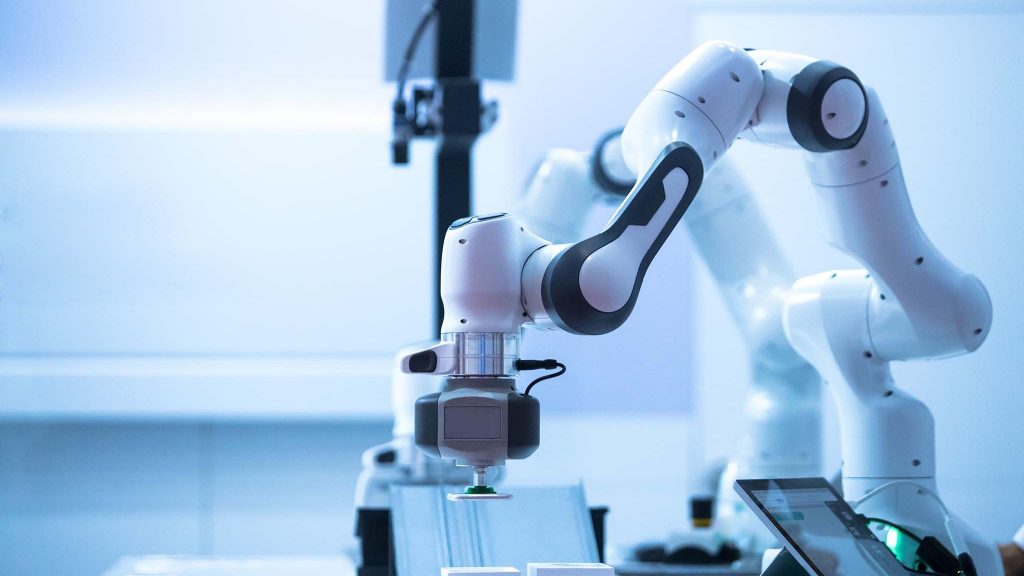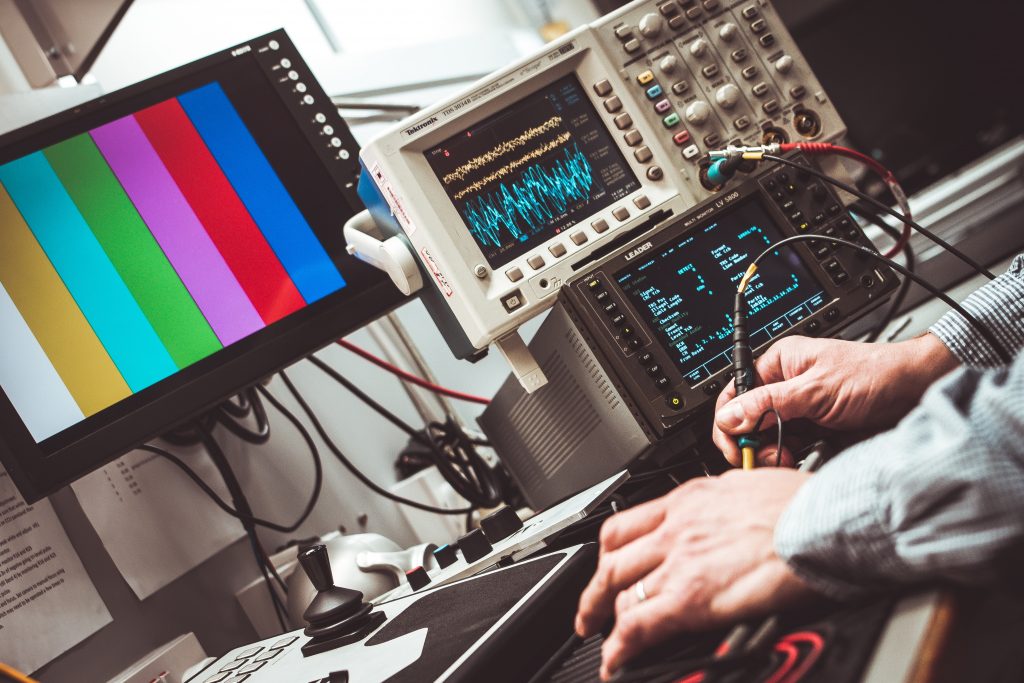Natural or resonant frequencies and its impact on torque measurement

When measuring torque, it’s important to understand the concept of natural frequencies. Natural frequencies, also known as resonant frequencies, are the frequencies at which a system tends to vibrate when it is disturbed. These frequencies can greatly impact the accuracy of torque measurements, and it’s essential to take them into account to ensure accurate results. One of the main challenges with natural frequencies is that they can cause a system to vibrate at a specific […]
Torque measurement in Robotic and the future of that technology in applications with human interaction.

Torque measurement is a critical aspect of robotics and other technical applications where human interaction is involved. The ability to accurately measure torque allows for precise control of robotic systems, which can improve efficiency, safety, and performance. As technology continues to evolve, new measurement techniques are being developed that offer even greater accuracy and precision. One of the most popular techniques for torque measurement in robotics is the use of torque sensors. These sensors are […]
A comparison of magnetostrictive torque sensor technology and strain gauge

Torque measurement is an essential aspect of many industrial and mechanical applications, including electric motors, wind turbines, and robotics. Two of the most widely used technologies for torque measurement are magnetostrictive torque sensors and strain gauge-based torque sensors. Both technologies have their own set of advantages and disadvantages, and the choice between the two will depend on the specific application and requirements. Magnetostrictive torque sensors are based on the magnetostriction phenomenon, which is the ability […]